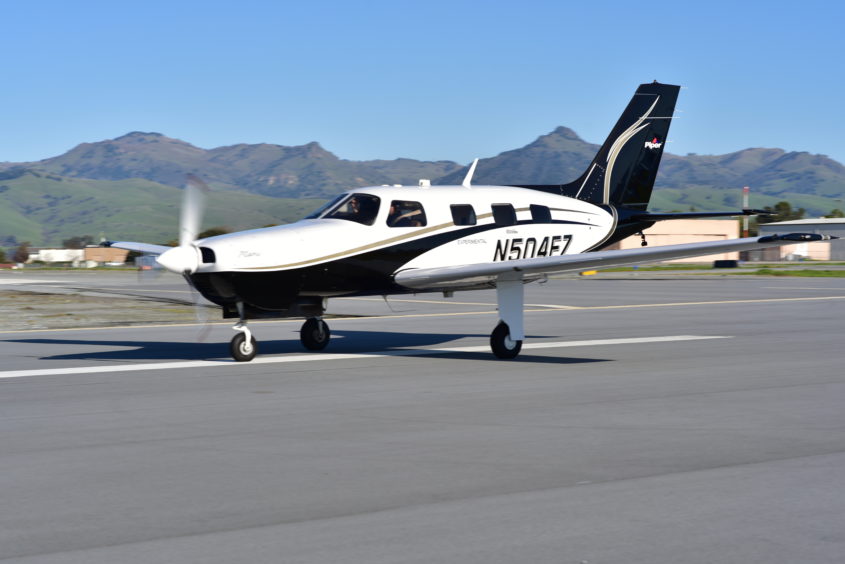
A “zero-emissions” test flight will take place out of Orkney in a bid to bring the UK a step closer to decarbonising air travel.
The HyFlyer project, which has received £5.3 million UK Government funding, is aiming to reduce emissions from medium range small passenger planes.
As part of this new project, conventional aircraft fuel power will be replaced with electric motors, hydrogen fuel cells and gas storage.
The plans will look to result in a 300 mile uninterrupted demonstration flight out of an airfield based on Orkney.
Current commercial aviation is understood to account for 12% of global Co2 emissions.
It is hoped that all future flights from Orkney’s Kirkwall Airport could be serviced by this new technology.
Project partners include Intelligent Energy, which has provided the high power fuel cell technology.
European Marine Energy Centre (Emec) Hydrogen, producers of green hydrogen from renewable energy, will supply the hydrogen required for flight tests and develop a mobile refuelling platform compatible with the plane.
Richard Ainsworth, hydrogen project specialist at Emec Hydrogen, said: “HyFlyer is another key step in Orkney’s aim to decarbonise lifeline transport services for islanded communities.
“Hydrogen has the potential to help meet our emission commitments where electrons and batteries can’t.
“This project sees us one step closer to meeting our fuel and energy needs from abundant local renewable energy resources using green hydrogen.”
Led by developers of hydrogen fuel cell powertrain solutions, ZeroAvia, the HyFlyer project will look to demonstrate a phased approach from battery power to hydrogen power, integrating the new technology aboard a Piper M-class six-seater aircraft.
Val Miftakhov, chief executive of ZeroAvia, added: “The substantial backing provided by the UK Government underlines the potential that hydrogen holds as a fuel source for commercial aviation and provides significant validation of ZeroAvia’s approach to zero emission flight.
“Our project goal of 300 NM is equivalent to the distance from London to Edinburgh and will prove that zero emission aviation, powered by hydrogen, can play a key role within the UK and other countries’ transport strategies – enabling net zero targets to be met and improving productivity and regional prosperity.”
Recommended for you
